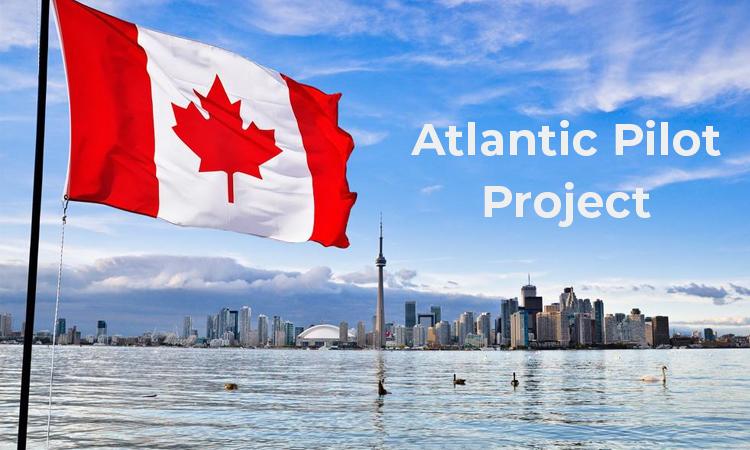
The Atlantic Immigration Pilot Program (AIPP) is a program in Canada that was launched in 2017 to address the labour market challenges faced by the Atlantic provinces of Canada. The program was designed to attract skilled foreign workers and international graduates to the provinces.
There are 4 Atlantic Provinces in Canada
- New Brunswick
- Newfoundland and Labrador
- Nova Scotia
- Prince Edward Island
Under the AIPP, employers in these provinces can hire foreign workers to fill job vacancies in certain designated occupations that are in high demand. The program is employer-driven, meaning that employers must first make a job offer to a foreign worker before the worker can apply for permanent residency in Canada.
Presently, 3 programs are going on under AIPP
The Atlantic High-Skilled Program:
This stream is designed for individuals with a job offer from an employer in one of the Atlantic provinces (Newfoundland and Labrador, Prince Edward Island, Nova Scotia, or New Brunswick) in a skilled occupation (National Occupational Classification Skill Type 0, A, or B).
The Atlantic Intermediate-Skilled Program:
This stream is for individuals with a job offer from an employer in one of the Atlantic provinces in a semi-skilled occupation (National Occupational Classification Skill Level C).
The Atlantic International Graduate Program:
This stream is for international graduates from a publicly-funded institution in one of the Atlantic provinces. They must have a job offer from an employer in the Atlantic region in a skilled occupation.
How does the Atlantic Pilot Project work?
The Atlantic Pilot Project is an immigration pilot program designed to help employers in the Atlantic region of Canada to recruit and retain skilled foreign workers to fill job vacancies in the region. The program is a partnership between the Government of Canada and the four Atlantic provinces: Nova Scotia, New Brunswick, Newfoundland and Labrador, and Prince Edward Island.
Here is how the Atlantic Pilot Project works:
Job Offer:
An employer in one of the Atlantic provinces identifies a job vacancy and offers a job to a foreign national who meets the eligibility criteria of the program. The job offer must be for a full-time, permanent position, and must be in a skilled occupation (National Occupational Classification Skill Type 0, A, or B) or a semi-skilled occupation (National Occupational Classification Skill Level C).
Endorsement:
The employer applies to the relevant provincial government for an endorsement of the job offer. The government will review the job offer and the employer’s business to ensure that they meet the program’s eligibility criteria.
Application:
Once the job offer has been endorsed, the applicant can apply for permanent residence in the Government of Canada. The application must include the endorsed job offer, proof of language proficiency, and proof of education and work experience.
Settlement Plan:
Candidates must also develop a settlement plan in collaboration with their designated employer and a settlement service provider in the Atlantic region. The settlement plan outlines the candidate’s settlement needs and the support services they will provide upon arrival in Canada.
Assessment:
The Government of Canada will assess the application to determine if the applicant meets the eligibility criteria for the program and if they are likely to successfully settle in the Atlantic region of Canada.
Permanent Residence:
Once an application is submitted, it will be reviewed by immigration officials to ensure that all eligibility criteria are met. If the application is approved, the candidate will receive a Confirmation of Permanent Residence (COPR) and will be able to immigrate to Canada as a permanent resident.
Throughout the process, the provincial governments and employers in the Atlantic region may provide support services to help the applicants and their families settle in the region, such as language training, job search assistance, and other settlement services.
